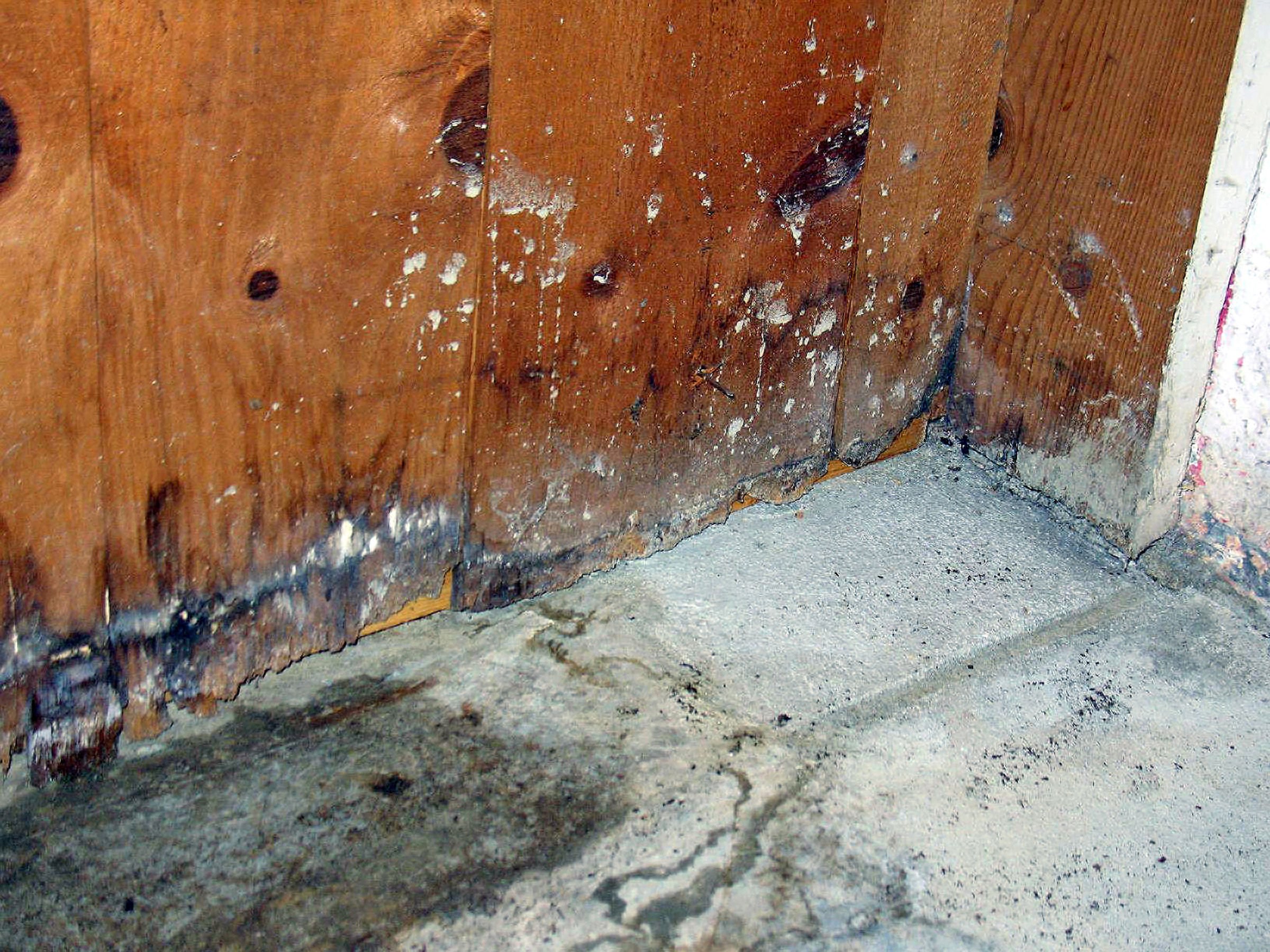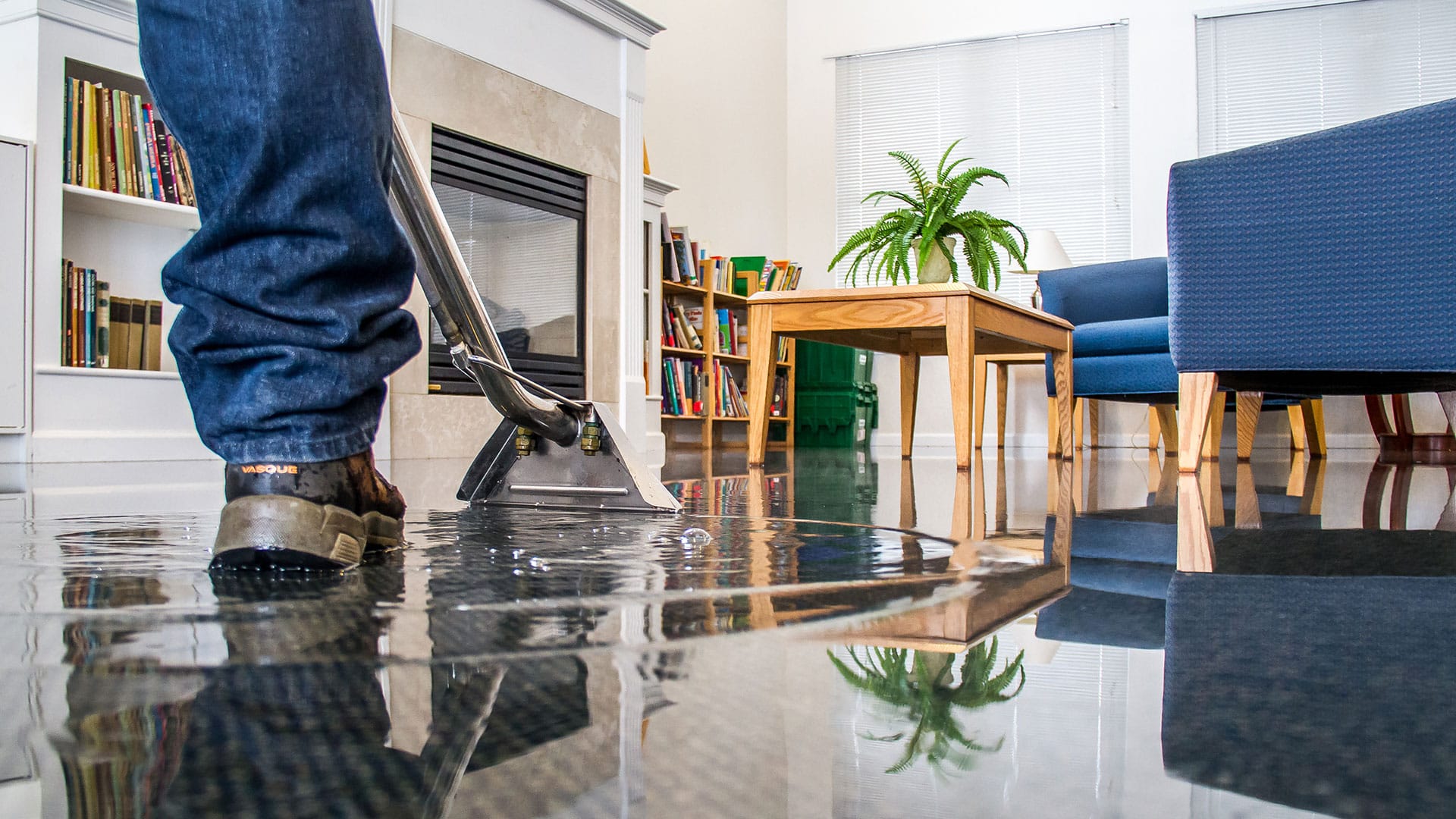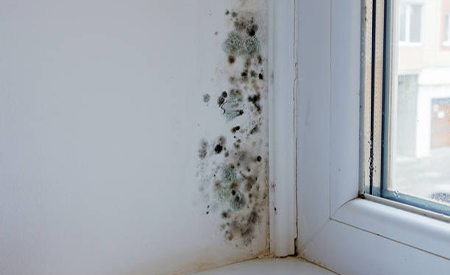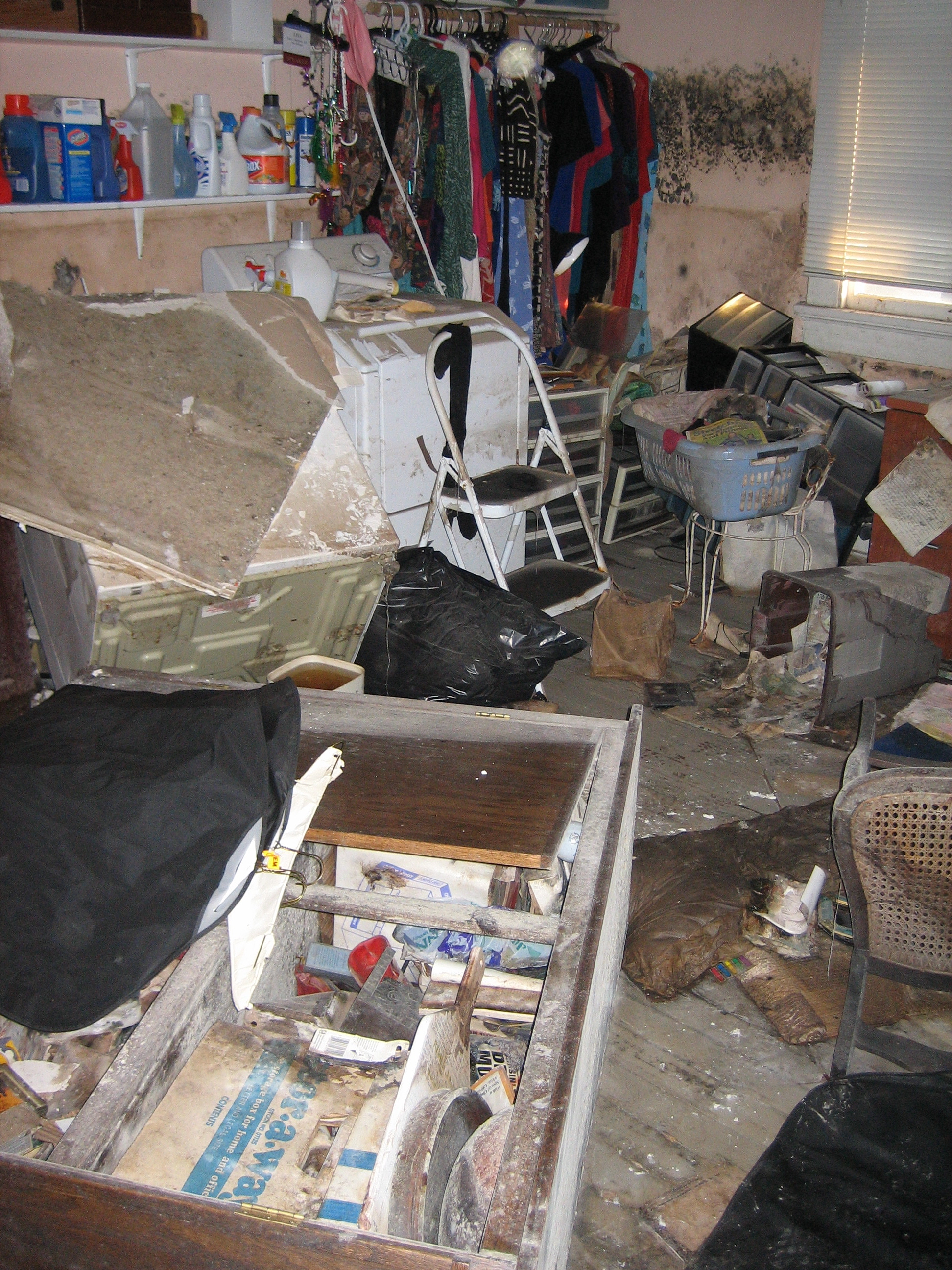The Refine of Water Damages Cleaning: Ensuring Your Home Is Restored Efficiently
Water damages can be a complicated difficulty for house owners, demanding a thorough and organized cleaning process to restore safety and security and functionality. A detailed assessment is critical to recognize the extent of the damages and figure out the appropriate removal steps. Following this, effective water removal methods play a pivotal duty in reducing more damage. The subtleties of drying out, disinfecting, and eventual remediation are just as vital and often neglected. Recognizing these phases can make a substantial difference in the outcome of your home's restoration, prompting a closer consider what each step involves.
Examining the Damages
Upon discovering water damage, the initial step is to completely examine the level of the influence. This first evaluation is important, as it assists figure out the essential actions for reliable cleaning and reconstruction. Begin by inspecting the affected locations, consisting of wall surfaces, ceilings, floorings, and individual items, to recognize the resource of the water breach, whether from flooding, leakages, or condensation.
Documenting the damage is vital for both insurance coverage claims and preparing remediation efforts - damage restoration services. Use photographs and written notes to record the extent of the damages, keeping in mind any type of affected structural elements and products. Pay unique interest to locations that may not be promptly visible, such as behind wall surfaces and under rugs, as hidden moisture can lead to additional complications, including mold growth
Furthermore, evaluate the timeline of the water direct exposure. The longer the materials stay wet, the higher the potential for damages. Comprehending the duration of exposure will educate the necessity of remediation initiatives. Eventually, a detailed assessment prepares for a successful water damages clean-up process, making certain that all impacted areas are resolved successfully and thoroughly.
Water Removal Techniques

Professionals usually use submersible pumps for larger quantities of water, which can quickly reduce flooding in basements or various other influenced areas. For smaller quantities, wet/dry vacuums are usually used to extract residual wetness from rugs and tough surface areas. In addition, using portable extractors enables targeted removal in restricted rooms or locations with delicate materials.
In instances of polluted water, such as sewage or floodwater, advanced extraction strategies may involve using biohazard devices to make certain safety and compliance with health policies. High-powered extraction tools are essential in lessening water retention in architectural products, which can cause mold and mildew development and architectural deterioration if not attended to immediately.
Ultimately, the performance of water extraction techniques plays a critical function in the total success of the water damage cleanup process, preparing for succeeding repair efforts.
Drying and Dehumidification
As soon as standing water has been successfully removed, the next essential phase in the water damage cleaning procedure is drying out and dehumidification. This step is important to prevent further damages and mold growth, which can occur within 24 to 48 hours in wet environments.
To accomplish effective drying, customized devices such as industrial-grade air moving companies and dehumidifiers is used. Air moving companies flow air across damp surface areas, enhancing dissipation rates, while dehumidifiers lower humidity degrees in the air, advertising a favorable environment for drying out. The combination of these devices makes sure that moisture is extracted from walls, home furnishings, and floors, permitting them to completely dry thoroughly.
It is vital to keep an eye on the drying procedure very closely. Specialists typically use wetness meters to assess the dampness material in different products, making certain that all impacted locations reach appropriate dry skin levels. This precise strategy assists to protect against concealed dampness pockets that might bring about architectural damages or undesirable mold and mildew growth.

Cleansing and Disinfecting
After the drying out and dehumidification phase is complete, the next important action in water damages clean-up is cleaning up and sterilizing the influenced areas. This process is vital to avoid the development of mold and mildew, bacteria, and various other virus that grow in wet environments.
The cleaning stage typically involves removing any debris, dust, and impurities from surface areas making use of specialized cleaning up representatives. For tough surface areas, a mix of soap and water or industrial cleaning products is typically employed. Soft materials, such as furniture and carpetings, might call for extra extensive cleaning methods, including vapor cleansing or deep removal strategies, to make certain thorough hygiene.

Sterilizing complies with cleaning, utilizing EPA-approved anti-bacterials to get rid of damaging microorganisms. This step is necessary, especially in areas that might have entered contact with floodwaters or sewer, as these resources can present severe health threats.
Furthermore, it is essential to resolve any type of remaining odors, which might need making use of odor neutralizers or innovative methods like ozone therapy. Proper cleansing and sanitizing not only restore the security and health of your home however additionally lay the groundwork for effective restoration and repair services in subsequent stages of the water damages cleanup procedure.
Remediation and Fixings

When the evaluation is full, reconstruction initiatives can begin. Furthermore, flooring might call for comparable focus, depending on the degree of water direct exposure.
It is crucial to involve seasoned restoration professionals during this process, as they possess the competence to handle complex repair work successfully. In addition, they can help reduce potential future concerns, such as mold and mildew development or architectural instability, therefore guaranteeing a habitable and risk-free living environment. Eventually, effective click this restoration and fixings bring back the home's stability and enhance its total value.
Verdict
To conclude, the process of water damage cleanup is essential for recovering a home to its pre-damage problem. Each phase, from examining the damage to carrying out effective water extraction methods, adhered to by detailed drying out, disinfecting, and required repair work, plays an important duty in ensuring security and compliance with building criteria. Reliable implementation of these actions not only minimizes instant damages but additionally boosts the long-lasting stability and worth of the residential or commercial property.
Water damage can be a complicated obstacle for property owners, necessitating a careful and structured cleanup procedure to recover security and performance. Eventually, a detailed assessment lays the foundation for a successful water damage clean-up process, making sure that all affected areas are attended to properly and completely.
Effective water removal strategies are necessary in minimizing damages and stopping additional complications following a water breach occasion.In conclusion, the procedure of water damages cleanup is important for bring back a home to its pre-damage problem. Each phase, from examining the damages to applying effective water removal strategies, adhered to by comprehensive drying out, sterilizing, and necessary fixings, plays a necessary role in making certain security and conformity with structure standards.